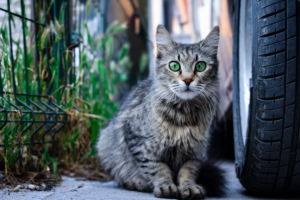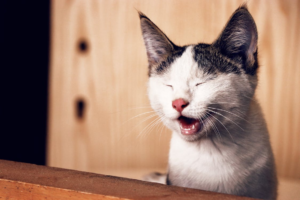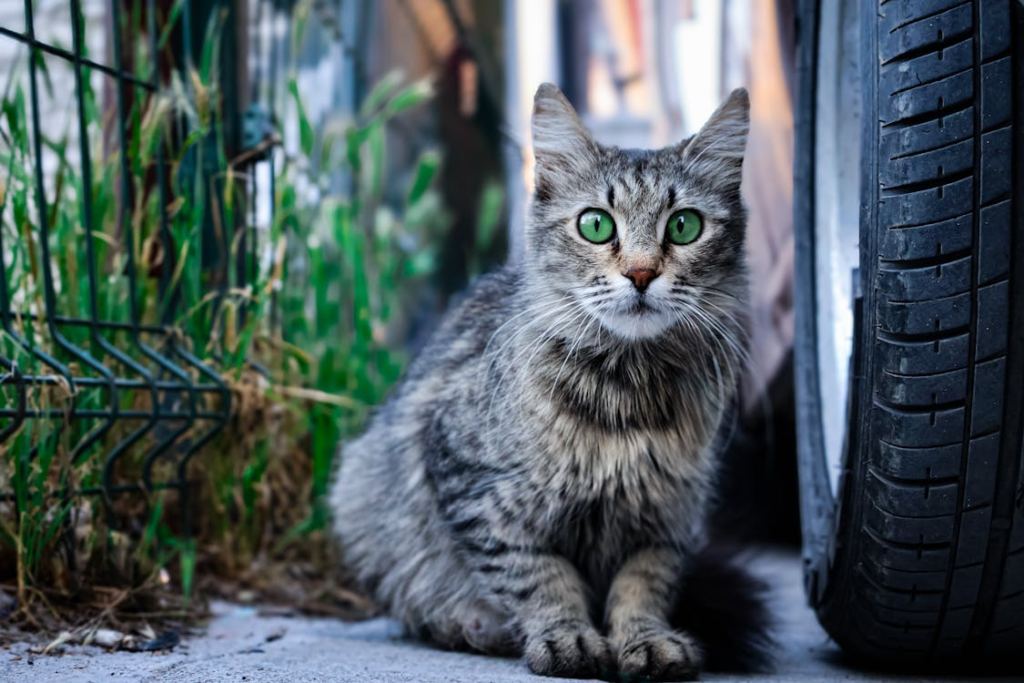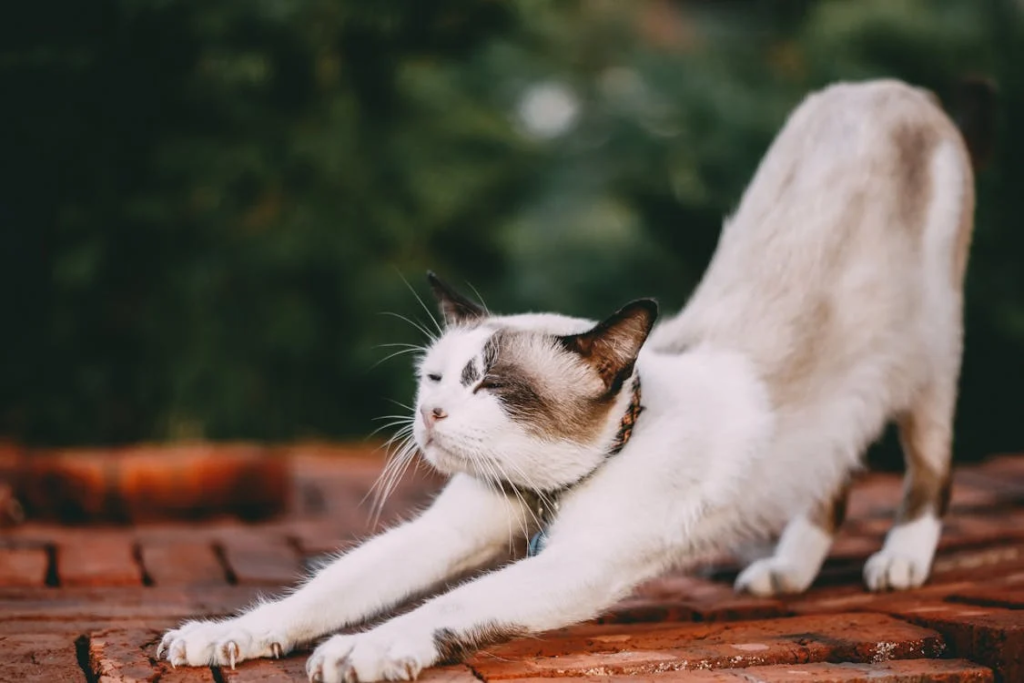Is your feline friend struggling with red, swollen gums? Don’t worry, you’re not alone! Gingivitis is a common dental issue in cats, but the good news is that there are effective home treatments you can try. In this comprehensive guide, we’ll explore seven purr-fect remedies for feline gingivitis that you can start using today to save your cat’s smile and improve their overall health.
Introduction
Feline gingivitis is an inflammation of the gums that can cause discomfort and lead to more serious dental problems if left untreated. While professional veterinary care is crucial, there are several home treatments you can implement to help manage and prevent gingivitis in your furry companion. Let’s dive into the world of feline gingivitis home treatment and discover how you can keep your cat’s pearly whites shining bright!
- The Power of Proper Brushing
One of the most effective feline gingivitis home treatment methods is regular tooth brushing. Start by introducing your cat to a pet-friendly toothbrush and toothpaste. Begin slowly, allowing your cat to lick the toothpaste off your finger before gradually introducing the brush. Aim to brush your cat’s teeth at least 2-3 times a week, focusing on the gum line where plaque tends to accumulate. - Dental Treats and Chews
Specially formulated dental treats and chews can help reduce plaque buildup and freshen your cat’s breath. Look for products that have been approved by the Veterinary Oral Health Council (VOHC) for maximum effectiveness. These treats work by mechanically scraping away plaque as your cat chews, providing a tasty and fun way to support their dental health. - Water Additives for Fresh Breath
Adding a dental rinse to your cat’s water bowl is an easy and effective feline gingivitis home treatment. These additives contain ingredients that help reduce bacteria in the mouth, freshen breath, and minimize plaque formation. Simply follow the instructions on the product to ensure proper dosage. - Dietary Adjustments
Diet plays a crucial role in your cat’s dental health. Consider switching to a dental-specific cat food that’s designed to reduce tartar buildup. These formulas often contain special kibble shapes and ingredients that help clean teeth as your cat eats. Additionally, incorporating raw meaty bones into your cat’s diet (under veterinary guidance) can provide natural teeth-cleaning benefits. - Herbal Remedies
Certain herbs have natural anti-inflammatory and antibacterial properties that can aid in feline gingivitis home treatment. Calendula, chamomile, and green tea extracts can be applied to your cat’s gums using a cotton swab or added to their water in small amounts. Always consult with your veterinarian before introducing any new herbs or supplements to your cat’s routine. - Coconut Oil Magic
Coconut oil has gained popularity as a natural remedy for various ailments, including gingivitis. Its antibacterial and anti-inflammatory properties can help soothe inflamed gums and fight harmful bacteria. Try gently massaging a small amount of organic, unrefined coconut oil onto your cat’s gums daily. - Stress Reduction Techniques
Believe it or not, stress can contribute to dental issues in cats. Implement stress-reduction techniques such as providing plenty of playtime, creating a calm environment, and using pheromone diffusers to help keep your cat relaxed. A stress-free kitty is more likely to have better overall health, including improved dental hygiene.
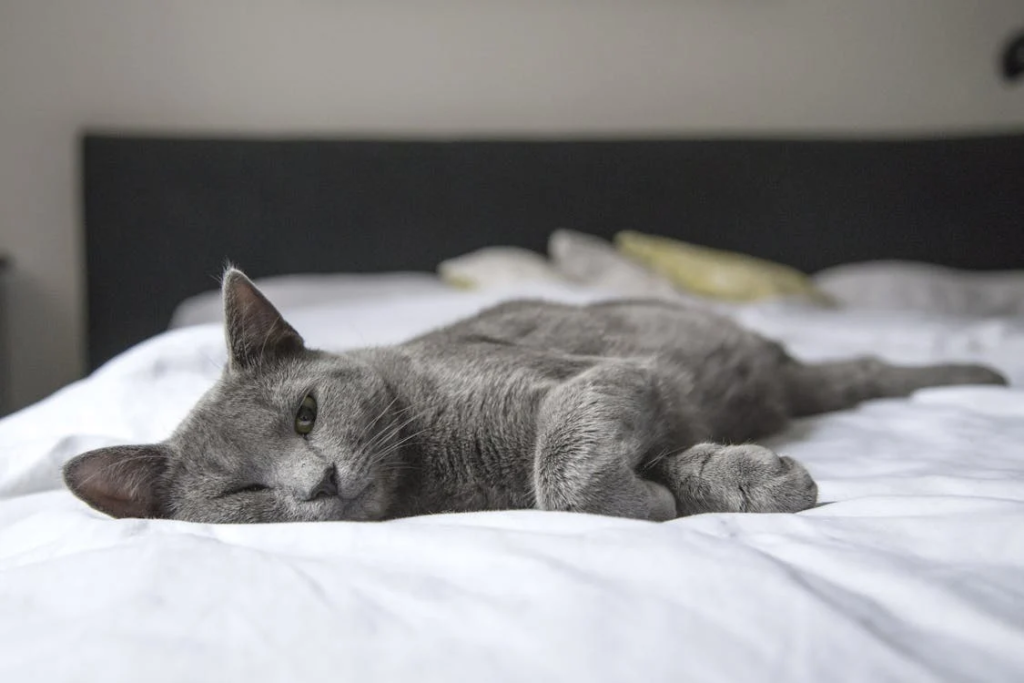
Frequently Asked Questions:
Q: How often should I brush my cat’s teeth?
A: Ideally, you should aim to brush your cat’s teeth daily. However, 2-3 times a week can still make a significant difference in preventing gingivitis.
Q: Can I use human toothpaste on my cat?
A: No, never use human toothpaste on your cat. It contains ingredients that can be harmful if swallowed. Always use a toothpaste specifically formulated for cats.
Q: Are there any signs that indicate my cat’s gingivitis is worsening?
A: Watch out for increased redness, bleeding gums, difficulty eating, and bad breath. If you notice these symptoms persisting or worsening, consult your veterinarian immediately.
Q: Can feline gingivitis be completely cured with home treatments?
A: While home treatments can significantly improve your cat’s dental health, severe cases of gingivitis may require professional veterinary care. Home treatments are best used as preventive measures and to complement professional treatments.
Conclusion
Implementing these seven feline gingivitis home treatment methods can make a world of difference in your cat’s dental health. Remember, consistency is key when it comes to maintaining your furry friend’s smile. By incorporating these remedies into your cat’s daily routine, you’ll be well on your way to preventing gingivitis and ensuring your cat’s overall well-being. Don’t wait until it’s too late – start your cat’s dental care journey today and watch them thrive with a healthy, pain-free mouth!
1: Today’s Veterinary Practice – Chronic Feline Gingivostomatitis: Proven Therapeutic Approaches and New Treatment Options

